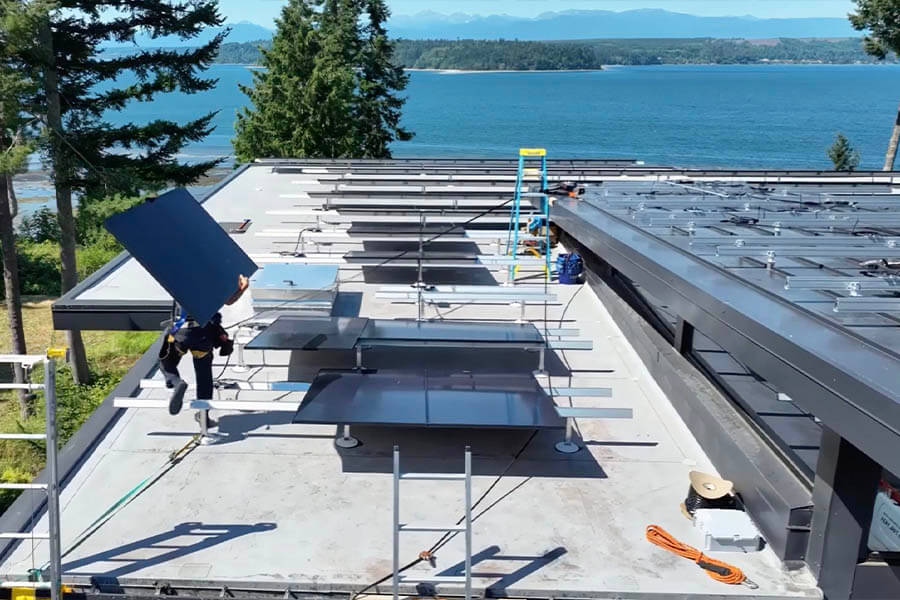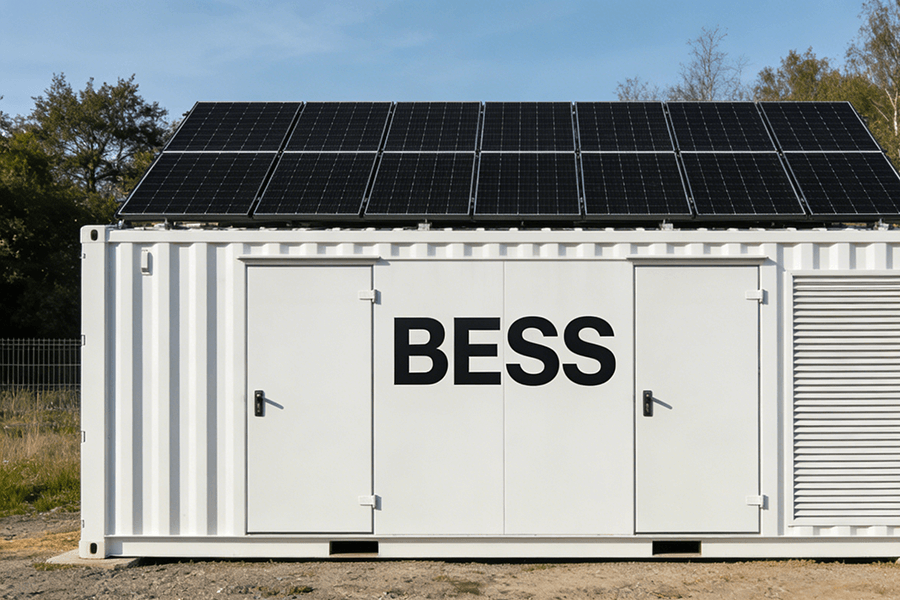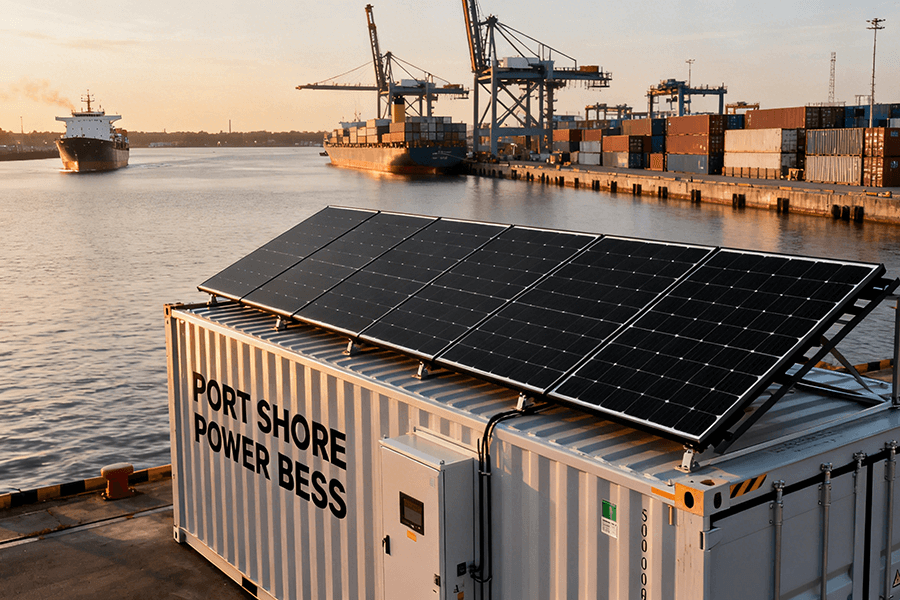How long will 50 kWh last:
- For a 1 kW appliance: 50 kWh will last 50 hours.
- For a 2 kW appliance: 50 kWh will last 25 hours.
- For a 5 kW appliance: 50 kWh will last 10 hours.
- For a 10 kW appliance: 50 kWh will last 5 hours.
The duration for which 50 kWh will last depends entirely on the power consumption of the devices and how much electricity they use per hour. In this article, we’ll explore how the size of the appliance and your energy consumption patterns influence the runtime of 50 kWh and how to calculate it for various scenarios.

How Long Will 50 kWh Last? – Understanding Power Consumption
When you ask, “How long will 50 kWh last?”, it’s important to recognize that the answer is not one-size-fits-all. The answer depends on the power usage of the appliances or systems you’re running. Here, we’ll break down how different power ratings of appliances affect the total duration that 50 kWh can power them.
What is 50 kWh?
- 50 kWh refers to 50 kilowatt-hours, a unit of energy representing the power consumption of a device running for one hour at 50 kW, or a device that uses 1 kW of power for 50 hours. This is the total amount of energy available for use, whether it’s for household or industrial purposes.
The Key Variable: Power Consumption of Devices
To calculate how long 50 kWh will last, you need to know the power consumption of the devices in kilowatts (kW). Devices with higher power ratings (such as air conditioners or large machines) will use more electricity per hour, thus reducing the time 50 kWh will last.
Example Scenarios
- For a 1 kW appliance (e.g., small air conditioner or refrigerator):
- A 1 kW device consumes 1 kW of electricity per hour.
- 50 kWh ÷ 1 kW = 50 hours
- Conclusion: 50 kWh will last 50 hours when used by a 1 kW appliance.
- For a 2 kW appliance (e.g., microwave oven or a standard electric heater):
- A 2 kW device consumes 2 kW of electricity every hour.
- 50 kWh ÷ 2 kW = 25 hours
- Conclusion: 50 kWh will last 25 hours with a 2 kW appliance.
- For a 5 kW appliance (e.g., space heater or a larger air conditioner):
- A 5 kW device uses 5 kW of power per hour.
- 50 kWh ÷ 5 kW = 10 hours
- Conclusion: 50 kWh will last 10 hours if you’re using a 5 kW appliance.
- For a 10 kW appliance (e.g., industrial machinery or large pumps):
- A 10 kW device consumes 10 kW of power each hour.
- 50 kWh ÷ 10 kW = 5 hours
- Conclusion: 50 kWh will last 5 hours when powering a 10 kW appliance.
Factors that Affect How Long 50 kWh Will Last
While the power consumption of your devices is the primary factor, other variables can influence how efficiently your 50 kWh is used. Here are a few things to keep in mind:
1. Efficiency of the Appliance
Energy-efficient devices will consume less power for the same output. For example, LED lighting will consume less energy than incandescent bulbs, allowing your 50 kWh to last longer.
2. Continuous vs. Intermittent Usage
How often and for how long a device is running also affects how long the energy lasts. A device that’s running continuously, such as a fridge or heater, will use 50 kWh faster than one that’s used intermittently, like a microwave.
3. External Factors (Temperature, Load, etc.)
For devices like heaters or air conditioners, external factors like ambient temperature can cause them to consume more or less power. In hot weather, an air conditioner may run longer to maintain the desired temperature, thus using more power.
How Maxbo Can Help
As a leading solar solutions provider, Maxbo offers a range of solar systems designed to efficiently harness the power of the sun and provide energy solutions that optimize consumption. Whether you’re looking to power a small household or a large industrial facility, we can help you design a solar system that meets your energy needs.
By leveraging solar power, you can significantly reduce your reliance on the grid and better manage how long your energy lasts. For instance, Maxbo’s solar battery storage solutions can help you store excess energy generated during the day, allowing you to use it during peak hours when energy consumption might be higher.
Conclusion
- 50 kWh will last 50 hours with a 1 kW appliance, 25 hours with a 2 kW appliance, and 10 hours with a 5 kW appliance.
- The duration is directly proportional to the power consumption of the device. The higher the power, the faster the energy is consumed.
- Maxbo offers solar energy solutions that help you optimize your electricity usage, ensuring your energy lasts longer and costs stay lower.
By understanding the power consumption of your appliances and how to calculate energy usage, you can make informed decisions about energy management. Whether you’re looking to optimize your energy needs at home or at work, Maxbo’s solar solutions provide an effective way to maximize energy efficiency.
Visit Maxbo Solar for more information on how we can help you with energy management and sustainable solutions.
Website: www.maxbo-solar.com
Email: [email protected]
Solar System Price for Home Solar System Price for Home Solar System Price for Home Solar System Price for Home Solar System Price for Home Solar System Price for Home Solar System Price for Home Solar System Price for Home Solar System Price for Hom
Solar System Price for Home Solar System Price for Home Solar System Price for Home Solar System Price for Home Solar System Price for Home Solar System Price for Home Solar System Price for Home Solar System Price for Home






